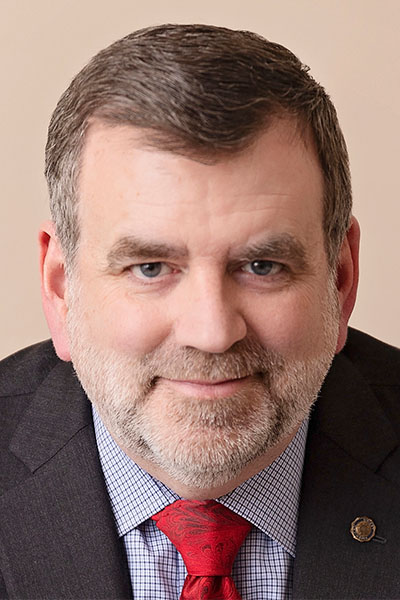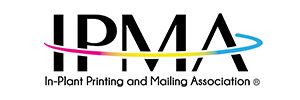“Quiet is the new loud.”
– Patrick Stump
On our walks through the neighborhood, my wife and I pass by a house with three Scottish Terriers. The little Scotties bark and yip and howl until we’re beyond the edge of their yard. Their antics are amusing.
A few houses down lives a Mastiff. When we approach, he stands at the alert position. He stares at us, and his massive head tracks our movement. His silent gaze often stops our conversation.

The mastiff doesn’t need to bark, he has presence.
Too often, we only heard the loud voices around us. Political commentators yelling at the camera. Politicians yelling from the podium. Bosses yelling at employees. Coaches yelling at players and referees.
We see similar expressions on the Internet. Headlines blaring alarm about every news story. E-mail subjects filled with dire warnings if we don’t respond to their offer. Twitter or Facebook posts screaming for attention using ALL CAPS to make a point.
Hidden among all the noise are people quietly making a real impact. Journalists preparing in-depth investigations about important topics. Political leaders reaching across the aisle to pass meaningful legislation. Managers leading their employees to higher levels of performance using sincere compliments and advice. People sharing ideas and generating meaningful discussion.
The great speeches in our country’s history – the ones that continue to inspire what is best in us – are worthy examples to follow. The ways the messages were delivered are as important as the words themselves. Consider:
- Abraham Lincoln’s Gettysburg Address
- John F. Kennedy’s Inaugural Address
- Martin Luther King’s I Have a Dream
If we lower our voices, we have a better chance of having our message accurately heard. When presented with the proper tone, our ideas have a better chance of being accepted. To motivate others, the message must lift spirits, not drive people away.
Substance, not volume, makes a lasting impact.

Mark M. Fallon is president and CEO of The Berkshire Company, a consulting firm specializing in mail and document processing strategies. The company develops customized solutions integrating proven management concepts with emerging technologies to achieve total process management. He offers a vision of the document that integrates technology, data quality, process integrity, and electronic delivery. His successes are based upon using leadership to implement innovative solutions in the document process. You can contact Mark at mmf@berkshire-company.com.
